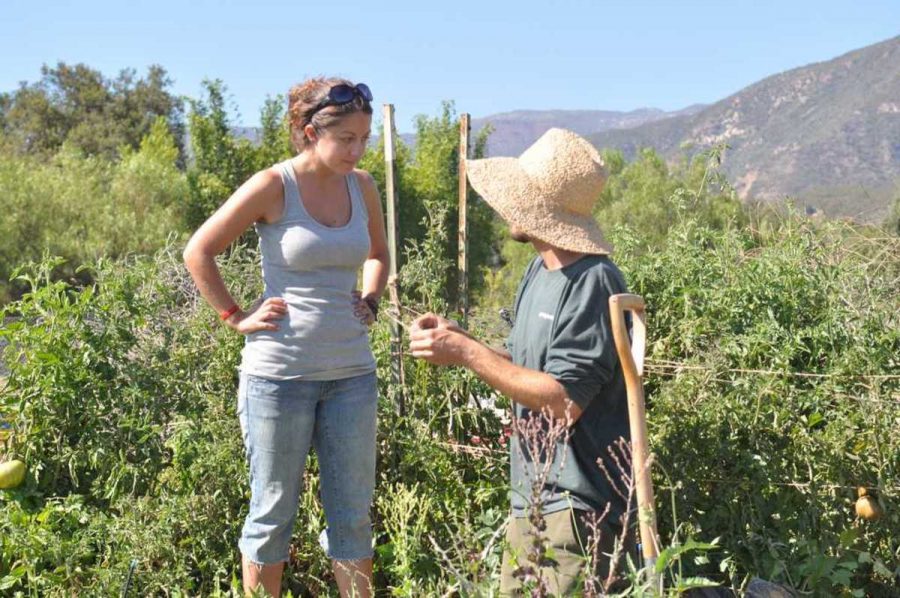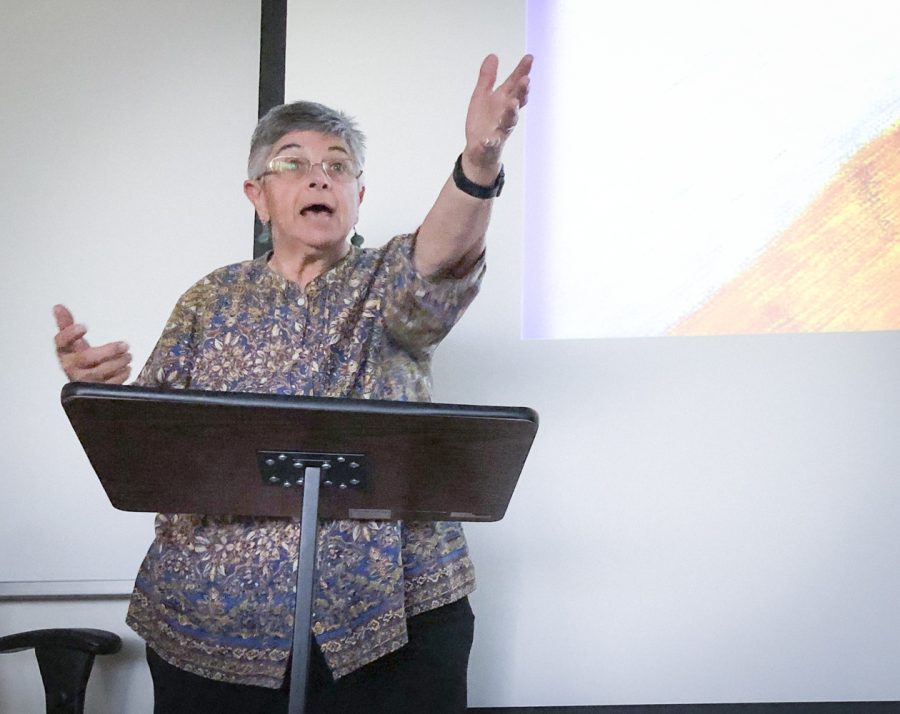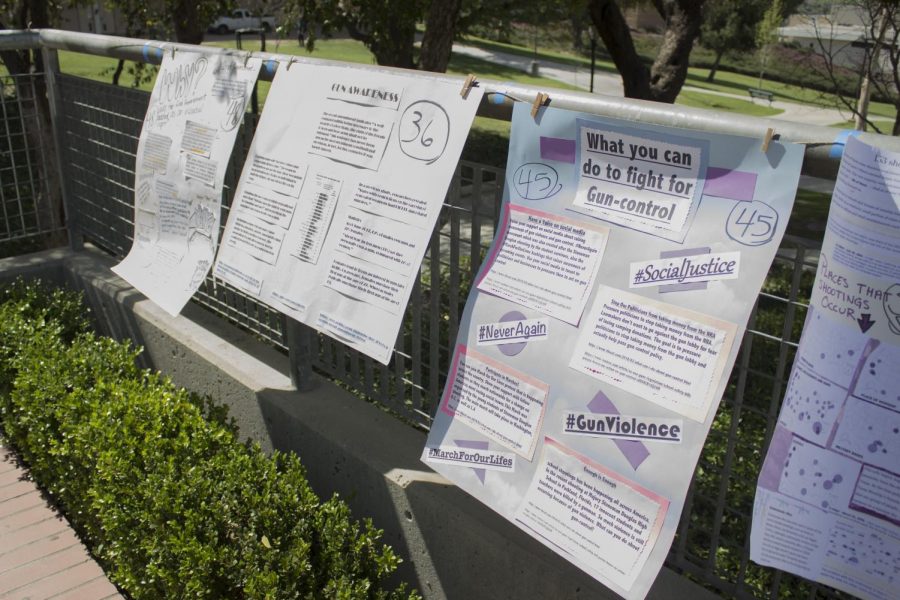Sitting on a 1.3 acre parcel alongside the Ventura River, nestled at the foot of the mountain gateway to the Los Padres National Forest is Mano Farm.
Using hand cultivation methods that can be traced back for centuries, Mano Farm grows vegetables, herbs and medicinal plants with a focus on organic agriculture practices.
“By hand cultivating we were able to start at a scale that was manageable. You start on a human scale, you can manage it with human power.” said Justin Huhn of Mano Farm.
Three friends with minimal farming experience were given the opportunity to take over Mano Farm from it’s originator Steve Sprinkel in August 2009.
Justin Huhn, 30, David Klein, 27 and Quinn Shakra, 29, all jumped at the opportunity. They decided to keep the name Mano Farm out of respect for its rich history, for a sense of continuity and also because the reference to hand falls in line with how they chose to farm by hand.
“There’s evidence of inhabitance on that particular plot of land going back between 7 to 10,000 years. So that land is an archeological site,” said Shakra.
Starting with a single 100 square foot bed of pumpkins and winter squash the farm now cultivates over half the land and has a growing Community Supported Agriculture program.
“I think the CSA is a really viable business model to be used in many different areas.” said Huhn.
Community Supported Agriculture programs or CSA’s have grown in popularity as a way to establish and run a small, local farming operation. Farms sell seasonal “shares” to the public and in return for the cost of their share the customer will receive a weekly box of fresh, local produce.
There are many advantages to CSA’s both for the farm and consumer. The farms don’t have to worry about marketing and selling their product once the season starts, they receive the money needed upfront to run the operation for the season.
That money will cover things like seeds, tools, fertilizer, water, rent, gas and maintenance for the farmers vehicles and other things associated with maintaining the farm and seeing to a bountiful harvest. Customers receive fresh chemical free produce, in the case of Mano Farm it is picked the morning of pick up, the customer is exposed to new vegetables, they have the opportunity to visit the farm and meet the people growing their food and a sense of community is established.
“We don’t have to put our money into growing, hoping to sell it here or there, it takes the guess work out of that,” Huhn said.
Traditionally CSA’s collect money on a yearly basis. Mano Farm, however, offers a 12 week seasonal commitment for their CSA members.
Mano Farm started their CSA at the beginning of 2010 and currently has twenty share members. In addition to their CSA program they have been offering their weekly boxes of fresh vegetables, herbs and medicinal plants to two low income share members and two fully subsidized share members.
“Having access to healthy produce that’s grown locally shouldn’t be an economic equation, it should be a right, ” said Huhn. “We want to make it available to the community whether people can afford it or not.”
Mano Farm started a campaign with Kickstarter, a website designed to fund and follow creativity.
Kickstarter has a simple goal of helping creativity be funded and followed. Everything from music, art, film, video games, fashion, journalism and community campaigns can be found on Kickstarter.
The basic idea behind Kickstarter is someone looking for funding on a project creates a profile and markets their idea. People donate to help fund the project, but the donations aren’t accepted unless the campaign hits the predetermined dollar amount specified for their project. It’s all or nothing.
If someone says they need $10,000 to fund a project and they only reach $9,500 by their deadline they don’t receive any of the money and none of the donors credit cards are charged.
The Mano Farm campaign goal is to raise $10,000 through Kickstarter to offset their costs so they can reach a broader spectrum of people in the community who would benefit from having subsidized shares of fresh produce.
“We only have so much resources to grow food to give away so right now what is low income and what is subsidized is being subsidized mainly by us and our ability to do it…if we could have funding that was unrelated to what we are growing, just outside funding from the community, locally and at large, that believed in what we were doing we would be able to farm and therefore give away food. The donations would enable us to farm without selling it,” said Huhn.
“I feel an ethical responsibility as a farmer because I am growing food and have a surplus to redistribute that food to people who, otherwise, wouldn’t be able to afford it. That’s basically why we are doing subsidized shares,” added Shakra.
At the time of these interviews Mano Farm had 19 days left in their campaign with Kickstarter and still needed to raise over $7,000.
Food Justice was a key factor behind Mano Farm starting a campaign with Kickstarter. Food Justice can be broadly explained as an awareness to the way money inequalities translate to food and nutritional inequalities and intervening in a way to alleviate the inequalities so people who aren’t making enough money are able to be provided for nutritionally.
“Food Justice is central to the reason why I grow food and want to be a farmer,” said Shakra. “To me it’s about stabilizing the food resources in the community and not being reliant on trucks and shipping and having to bring what you eat from far away and having to be reliable on petroleum to do that.”
Danielle Lopez and her four year old daughter are one of the families that Mano Farm offers their subsidized produce to.
Danielle has known David, Justin and Quinn for a while and is deeply inspired by what they are doing. She said they are taking action on a grass roots level to make a positive global change.
“I get the most incredible food. I am so grateful because I wouldn’t be able to afford it from Farmers Market even though the prices there are somewhat affordable it’s still out of reach,” said Lopez.
She originally approached her friends at Mano Farm asking to volunteer in trade for the fresh, chemical free vegetables and they began providing her a fully subsidized share.
Lopez said her daughter used to be anti-vegetable, but after bringing home green beans from the farm her daughter was devouring them.
Lopez has seen huge growth in her daughters diet and when asked how she and her family would be effected if Mano Farm was unable to continue to offer the subsidized share Lopez replied “it would be a major loss.”
“Everything begins on a grass roots level…it’s crucial that we take action and I am so proud of my friends for initiating that and I want to support them,” said Lopez. “For those of us who can’t afford to put our lives aside to do what they are doing we can at least throw down a few bucks to support them.”
Mano Farm is always looking for volunteers on the farm and will be looking to expand in the future to offer information and instructional classes on farming and medicinal herbs to schools and people within the community.
For more information on
volunteering or donating you can visit their website at www.manofarm.org.

Justin Huhn getting his hands dirty at Mano Farm. (Photo Greg Branam)






